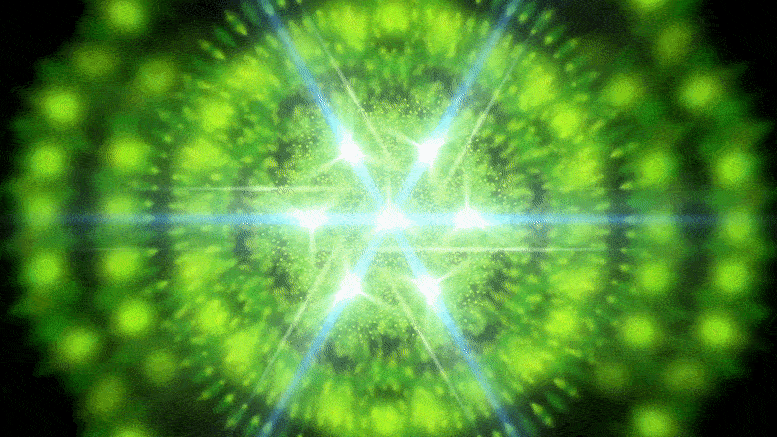
Oamenii de știință de la Universitatea Tohoku au descoperit că acidul boric catalizează formarea de peptide alungite atât în condiții neutre, cât și în condiții acide, contrazicând teoriile anterioare conform cărora condițiile alcaline erau ideale. Descoperirea unor minerale abundente care conțin bor în rocile antice ale Pământului susțin și mai mult potențialul mediilor neutre bogate în bor pentru sinteza proteinelor prebiotice ale Pământului.
Dezvăluirea misterului din jurul primei apariții a polimerilor organici catalitici pe Pământul prebiotic va debloca concepte cheie în originea vieții.
Cercetătorii de la Universitatea Tohoku au descoperit recent un posibil mediu în care poate avea loc formarea polimerilor organici catalitici. Pentru a face această descoperire, au vaporizat soluții[{” attribute=””>amino acids that contained boric acid and found that boric acid fosters the creation of polypeptides in both neutral and acidic environments. The longest peptides formed in the experiments were 39 monomer-long glycine polypeptides under a neutral condition.
Previous studies have suggested that highly alkaline evaporative environments served as the place for ancient protein synthesis, yielding up to 20 monomer-long glycine peptides. Neutral conditions were thought to be the worst-case in regards to peptide synthesis.

An ancient coastal area rich in boron could catalyze the polymerization of amino acids. Credit: Yoshihiro Furukawa
Boron-containing minerals have been discovered abundantly in some of the oldest sedimentary-origin rocks found on earth, dating back 3.8 billions-years. These findings suggest that coastal areas of ancient small continents and islands rich in boric acid spontaneously assembled amino acids, forming polypeptides and proto-proteins.
“The formation of polypeptides in neutral environments have important meanings in the chemical evolution of the origin of life,” says lead author Yoshihiro Furukawa, an associate professor at Tohoku University.
Whilst RNAs are rather stable under neutral conditions, they are extremely unstable under alkaline conditions. Boron has been known to help many steps in abiotic ribonucleotide synthesis.
“Boron-rich neutral evaporative environments serve as an ideal place for the formations and interactions between the two essential polymers on prebiotic Earth,” Furukawa says.
This research group is now investigating which amino acids are incorporated in the proto-peptides in this environment.
Reference: “Boron-assisted abiotic polypeptide synthesis” by Yuki Sumie, Keiichiro Sato, Takeshi Kakegawa and Yoshihiro Furukawa, 11 May 2023, Communications Chemistry.
DOI: 10.1038/s42004-023-00885-7

„Mândru pasionat al rețelelor sociale. Savant web fără scuze. Guru al internetului. Pasionat de muzică de-o viață. Specialist în călătorii.”





More Stories
Metanul marțian îi deranjează pe oamenii de știință: descoperirea surprinzătoare a roverului Curiosity
Virusul letal al căpușelor Powassan a fost confirmat în Sharon, Massachusetts
Primul zbor al astronautului Boeing Starliner: actualizări live